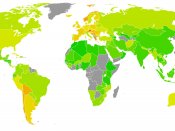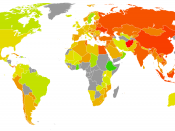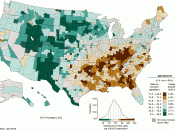Effects of Tobacco Use Millions of Americans use tobacco. Most of these smokers and chewers want to quit, but find it very difficult. While the health risks are highest among heavy smokers and long-term smokers, no user of tobacco can escape the fallouts. The health risks of smoking and smokeless tobacco are well established and numerous. Many organs and body systems can be adversely affected by tobacco smoke, yet millions continue to use it. Those who start to smoke at an early age are more likely to develop health problems and are at a higher risk of health consequences in their adult life. People who smoke or use smokeless tobacco are at an immediate risk of a wide range of health problems, including nicotine addiction, increased cough, phlegm, and wheezing; varying effects for women in pregnancy, cancers, and respiratory diseases.
Evidence linking smoking to problems in pregnancy has been accumulating for many years.
Smoking has a direct effect on the growth of the fetus. The more the mother smokes during pregnancy, the lower the weight of the newborn. Smoking increases the risk that the baby's weight at birth will be lower than the norm. Such babies, called "low birthweight" babies, are more likely to suffer unpleasant outcomes, including stillbirth, the need for special treatment in intensive care units and death in infancy. Smoking during pregnancy may also increase the risk of a miscarriage. Sudden infant death syndrome (SIDS) also occurs more frequently in the infants of mothers who have smoked during their pregnancy. Women who smoke during pregnancy invite extra risks to their own health, as well as to that of their child. Abnormalities and bleeding during pregnancy are increased with smoking, and the more a pregnant woman smokes, the greater the risks.
Smoking is responsible for thousands of deaths...


